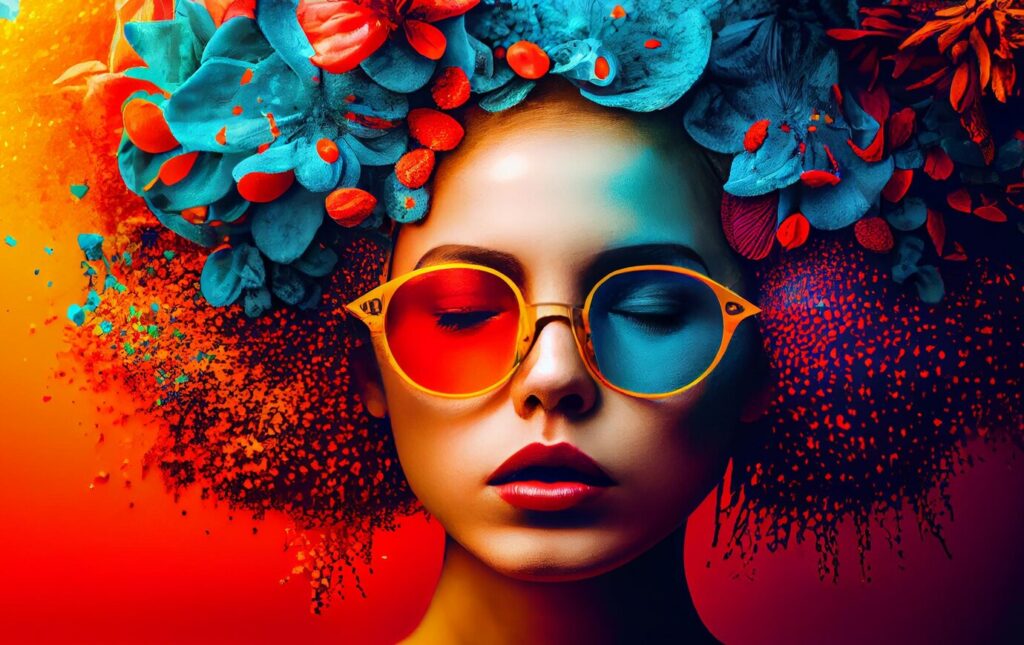
Is AI the Future of Artistic Expression?
Artistic expression has always been a dynamic and evolving aspect of human culture. From the early cave paintings to the intricate masterpieces of the Renaissance, the journey of art has been intertwined with technological advancements. In the 21st century, Artificial Intelligence (AI) has emerged as a transformative force in various domains, including the arts. In this article, we explore the question: Is AI the Future of Artistic Expression?
Definition of AI in Artistic Expression

AI in artistic expression refers to the integration of artificial intelligence technologies in the creation, enhancement, or interpretation of various art forms. This can range from visual arts and music composition to literature and writing.
The Evolution of Art and Technology
Art has continuously evolved alongside technological progress. The advent of new tools and techniques has often led to groundbreaking shifts in artistic styles and forms. AI represents the latest chapter in this ongoing narrative.
AI in Visual Arts
Generative Adversarial Networks (GANs)
One of the remarkable contributions of AI to the visual arts is the development of Generative Adversarial Networks (GANs). These algorithms can generate entirely new, often surreal, pieces of art by learning from existing datasets.
AI-Enhanced Photography
AI has also made its mark in photography, where it aids in image enhancement, style transfer, and even the creation of entirely synthetic scenes. This has opened up new possibilities for photographers and visual artists.
Digital Painting and Sculpture
Artists now use AI tools for digital painting and sculpture, pushing the boundaries of creativity. AI algorithms assist in the creation of intricate and unique artworks, providing a fresh perspective on traditional artistic methods.
Non-Fungible Tokens
Non-Fungible Tokens (NFTs) have swiftly become a revolutionary force in the digital realm. Functioning on blockchain technology, NFTs are unique, indivisible digital assets that represent ownership or proof of authenticity for a specific item, often digital art, music, or virtual real estate. Unlike traditional cryptocurrencies such as Bitcoin or Ethereum, NFTs are non-interchangeable, ensuring each token’s distinct identity.

The allure of NFTs lies in their ability to provide creators with a secure and transparent way to monetize digital content while granting collectors tangible ownership of unique, verifiable assets in the increasingly digital landscape. This digital ownership, authenticated by blockchain, has reshaped the way we perceive and trade digital assets, marking NFTs as a defining force in the future of digital ownership and artistic expression.
AI in Music Composition
Algorithmic Music Generation
AI algorithms, powered by machine learning, have shown incredible capabilities in generating music compositions. These algorithms analyze patterns and styles from vast datasets to create original pieces that resonate with diverse musical tastes.
Collaborations between Artists and AI
Musicians are increasingly collaborating with AI systems to enhance their creative process. From generating musical ideas to exploring new sounds, AI is becoming a valuable partner for artists in the music industry.
AI in Literature and Writing
Automated Content Creation
AI tools are being used to automate content creation, from generating news articles to crafting marketing copy. This raises questions about the role of AI in shaping written expression and its impact on the traditional publishing landscape.
AI-assisted Storytelling
Authors and writers are exploring AI tools to assist in the storytelling process. These tools can suggest plot points, develop characters, and even generate dialogue, offering a unique blend of human creativity and machine assistance.
Challenges and Controversies
The integration of AI in artistic expression raises ethical concerns, such as issues of authorship, intellectual property, and the potential for biases embedded in AI algorithms.
Critics argue that the reliance on AI may undermine the authenticity and craftsmanship associated with traditional artistic processes. The question of whether AI can truly capture the essence of human creativity remains a subject of debate.
Advancements in AI Technology
As AI technology continues to advance, the possibilities for artistic expression are likely to expand. New algorithms and applications may emerge, offering artists innovative tools to push the boundaries of their creativity.
AI’s integration into artistic fields has the potential to spark new waves of innovation, leading to the development of entirely novel art forms and experiences that were previously unimaginable.
The Impact of AI on Artistic Expression
In conclusion, AI is undeniably shaping the future of artistic expression. From visual arts and music to literature, the collaboration between human creativity and artificial intelligence opens up exciting possibilities. However, it also brings challenges and sparks important debates about the nature of art and the role of technology in our creative endeavors.

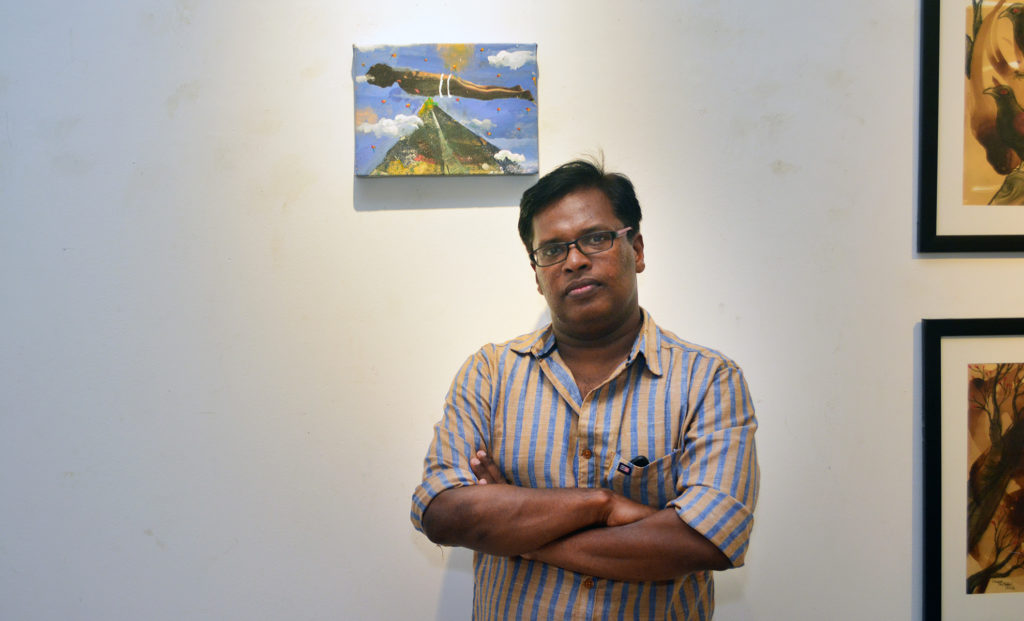
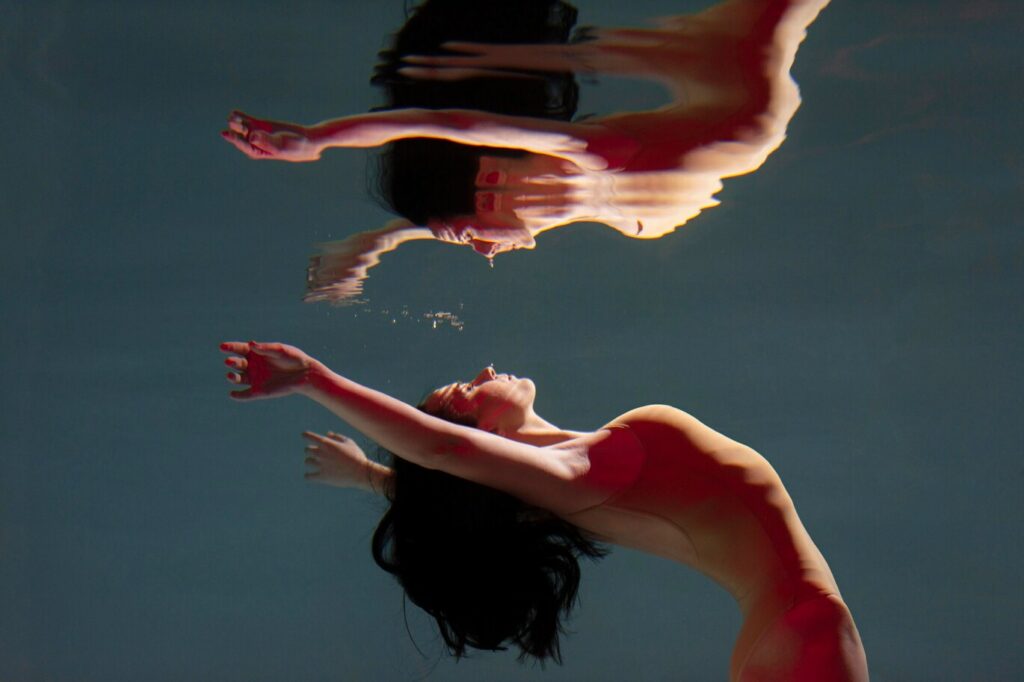
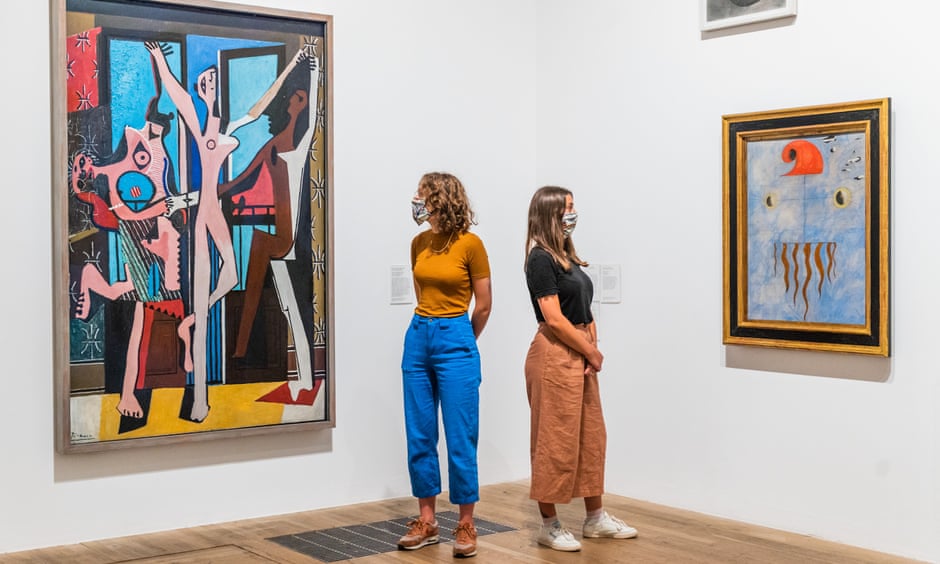
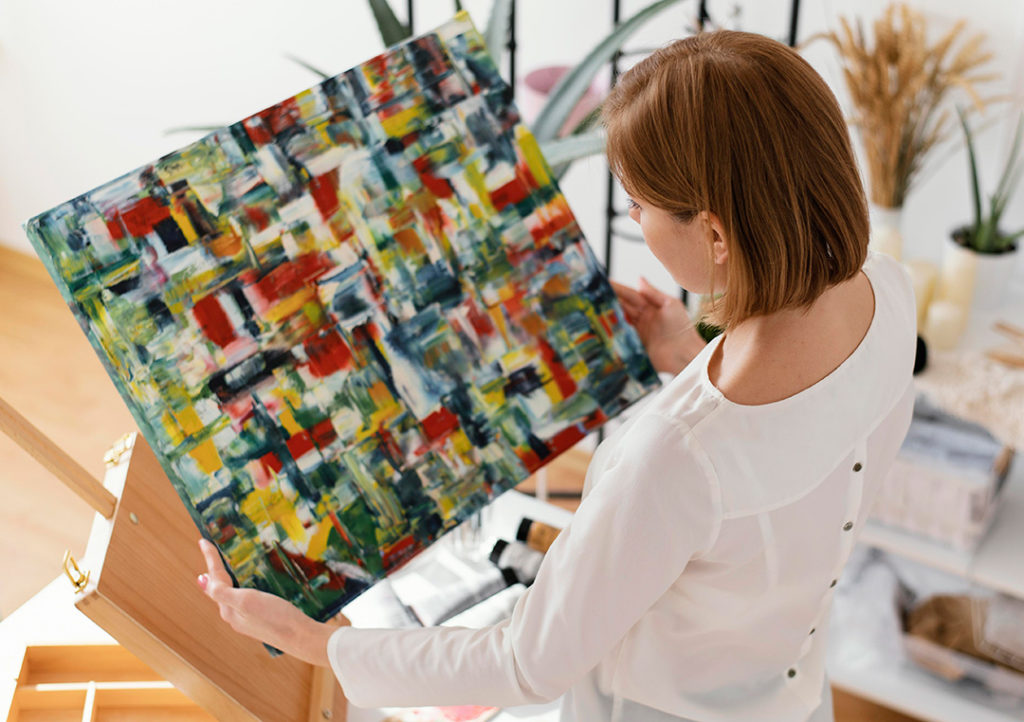
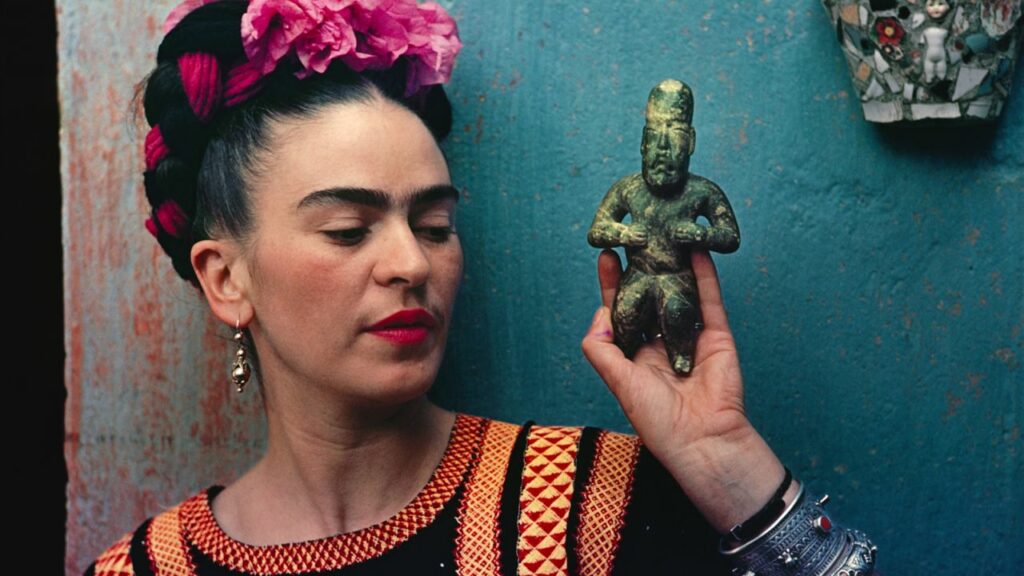
Responses